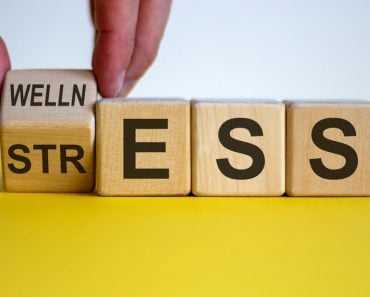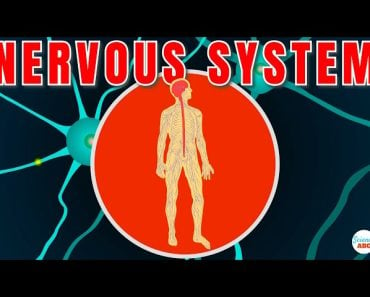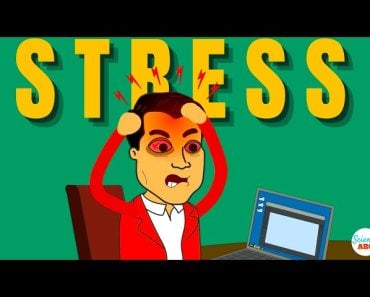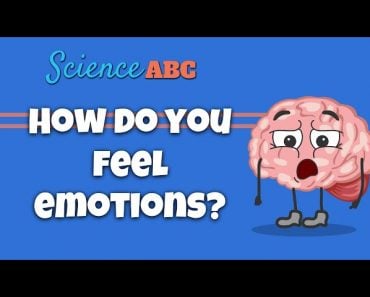Table of Contents (click to expand)
The physiological changes that make up the fight-or-flight response start with the release of adrenaline, which is triggered by the brain’s warning that something dangerous or stressful is about to happen. The release of adrenaline causes rapid and dramatic physiological changes, including heavy breathing, clammy hands, elevated blood pressure, and a faster heartbeat.
Imagine that you’re walking down a dark road late at night, after a fun evening with friends. The wind is blowing through the trees all around you, and the shadows are playing tricks on you – or are they? A trash can lid clatters to the ground and you hear the sound of a glass bottle being kicked. You look around frantically, suddenly feeling as though you’re not alone…
You freeze in place, listening for another sound, but before you know it, you can practically feel your heart beating out of your chest, fast and hard. You haven’t moved; in fact, you’ve hardly breathed, so why is your heart suddenly beating in overdrive? Why does perceived danger make our heart beat so fast?
Short answer: The flight-or-fight response of the human body… and epinephrine.
Recommended Video for you:
Our Body’s Secret Bodyguard
Human beings have pretty good reflexes, but there are some things that we let our instincts handle, such as protecting us from danger. Whenever we feel threatened, scared, anxious or panicked, our body goes into what’s known as as “fight or flight” mode. The name refers to the evolutionary history of this response. More specifically, when early humans were out hunting and gathering, they may have come across a wild animal or two. At that point, they had two choices – fight or flee. If it was a boar, maybe you would stop and fight, hoping to win yourself a worthy meal. If it was a bear, however, the wiser choice would be to flee.
Although the two options are very different, they both require similar things from the body – namely a burst of energy. If you are suddenly about to engage in extremely intense activity, you want to be prepared, so the body clicks into this learned response – fight or flight.
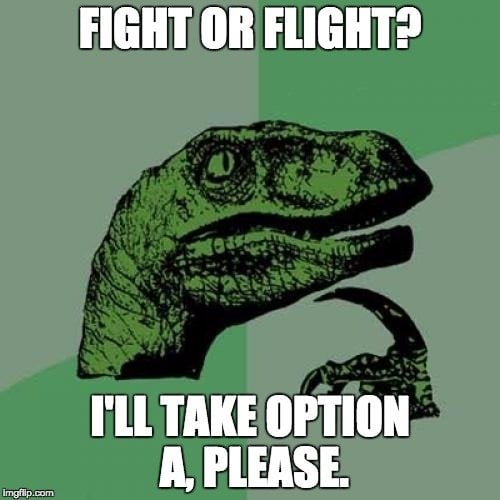
The physiological changes that make up this response start with the release of adrenaline, triggered by the brain’s warning that something dangerous or stressful is about to happen. More specifically, the amygdala processes the sensory input (e.g., clattering trash can, clinking bottle, footsteps, shadows, etc.) and an emotional response is generated. If that response is fear or the perception of danger, the amygdala sends a signal to the hypothalamus.
The hypothalamus is a crucial aspect of our body’s physiological response because it regulates the autonomic nervous system, which includes the parasympathetic and sympathetic nervous systems. The sympathetic nervous system is where the fight-or-flight response initiates, triggered by the emotional perception of danger. The hypothalamus will then signal the adrenal glands to release epinephrine (adrenaline) into the bloodstream, and you are off to the races… or the battleground!
As that adrenaline surges into your bloodstream, it causes rapid and dramatic physiological changes, including heavy breathing, clammy hands, elevated blood pressure, and yes… a faster heartbeat. The changes don’t stop there, however, you also have small airways that open in your lungs, to ensure enough oxygen is available for the stress ahead. When your brain gets that burst of oxygen, you become alert and aware. Your hearing, vision and other senses are sharpened, as are your reflexes.
Your heart beats faster, not only pushing blood around, but also redirecting glucose throughout the body, providing usable energy to muscles and organ systems. This release of blood sugar is also caused by epinephrine. These fats and sugars also cause your bronchi to open wider, resulting in the sped-up heart rate.
Some of the other side effects of the fight-or-flight response are less pleasant, and work as signals that something is wrong, rather than as a useful tool to improve your chances of survival. For example, dry mouth, sweating, tension in the shoulders, headaches, lightheadedness, difficulty breathing or the need to urinate don’t sound very helpful if you are about to battle a saber-toothed tiger or outrun a lion.
These are unavoidable symptoms of epinephrine’s other effects on the body, which are extremely important. In other words, we need to get over the fact that having “butterflies in our stomach” makes us uncomfortable. In many cases, the release of adrenaline and the physiological response of the body happens so quickly that we don’t even realize we’re in danger. Fortunately, a few million years of evolution has made our instinctual reactions pretty darn good!
The Dark Side Of Adrenaline
While a racing heart pumping energy to our legs is a good thing when we’re in real danger, long-term exposure to this sort of anxiety can be very detrimental to the body. Chronic stress and worrying can have the same effect as narrowly avoiding a car crash or running away from a mugger, except that flood of hormones and chemicals is constant. It can result in exhaustion, confusion, oxidative stress in the body, chronic illness and a significantly lowered quality of life.
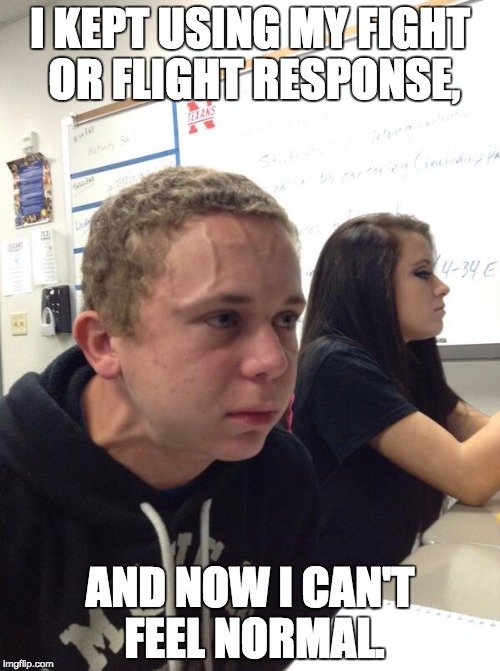
While the fight-or-flight response can save your life, if your body falls into it too often, it can also shorten your life! The other half of the autonomic nervous system, the parasympathetic nervous system, is responsible for pulling us back from the panic of fight-or-flight, by lowering stress hormone levels once we have detected that the danger has passed. However, this system can get overworked, and stop functioning properly. Some things you can do to help include deep breathing, meditation, relaxation, yoga and even light cardio exercise.
These techniques can ensure that your body’s automatic responses are used properly, and not abused.
Next time you feel your heart start to pound, you’re probably not having a heart attack, but your senses have detected that you’re in some sort of danger. Check out the situation, embrace the surge of energy you feel in your blood, and make the same choice humans have been making for thousands of generations… fight or flee?





